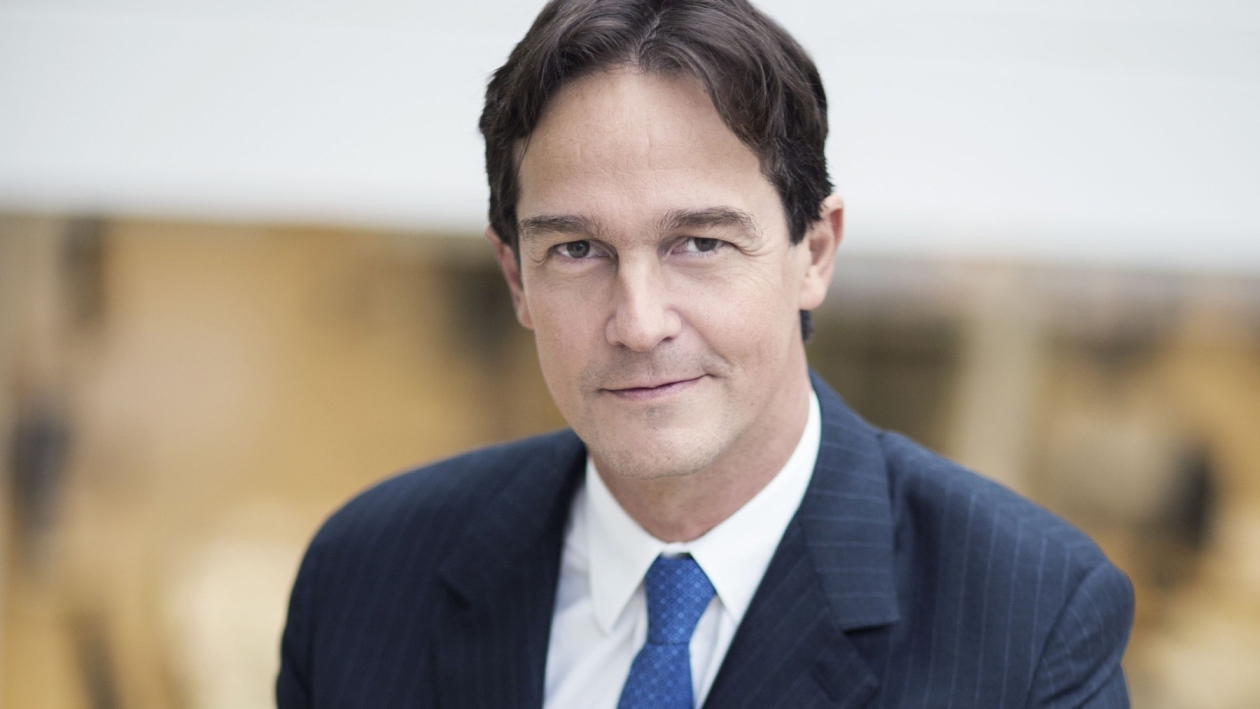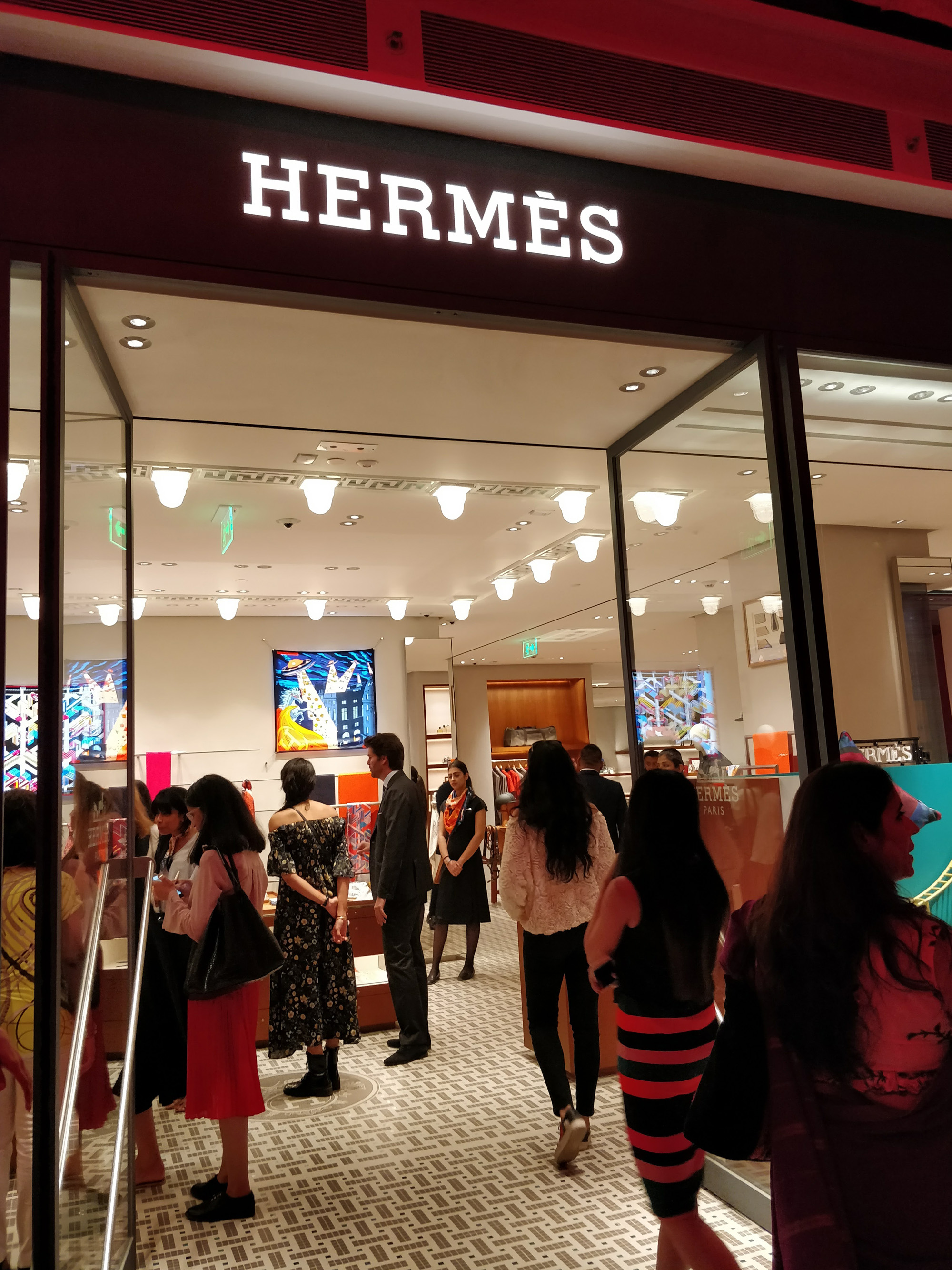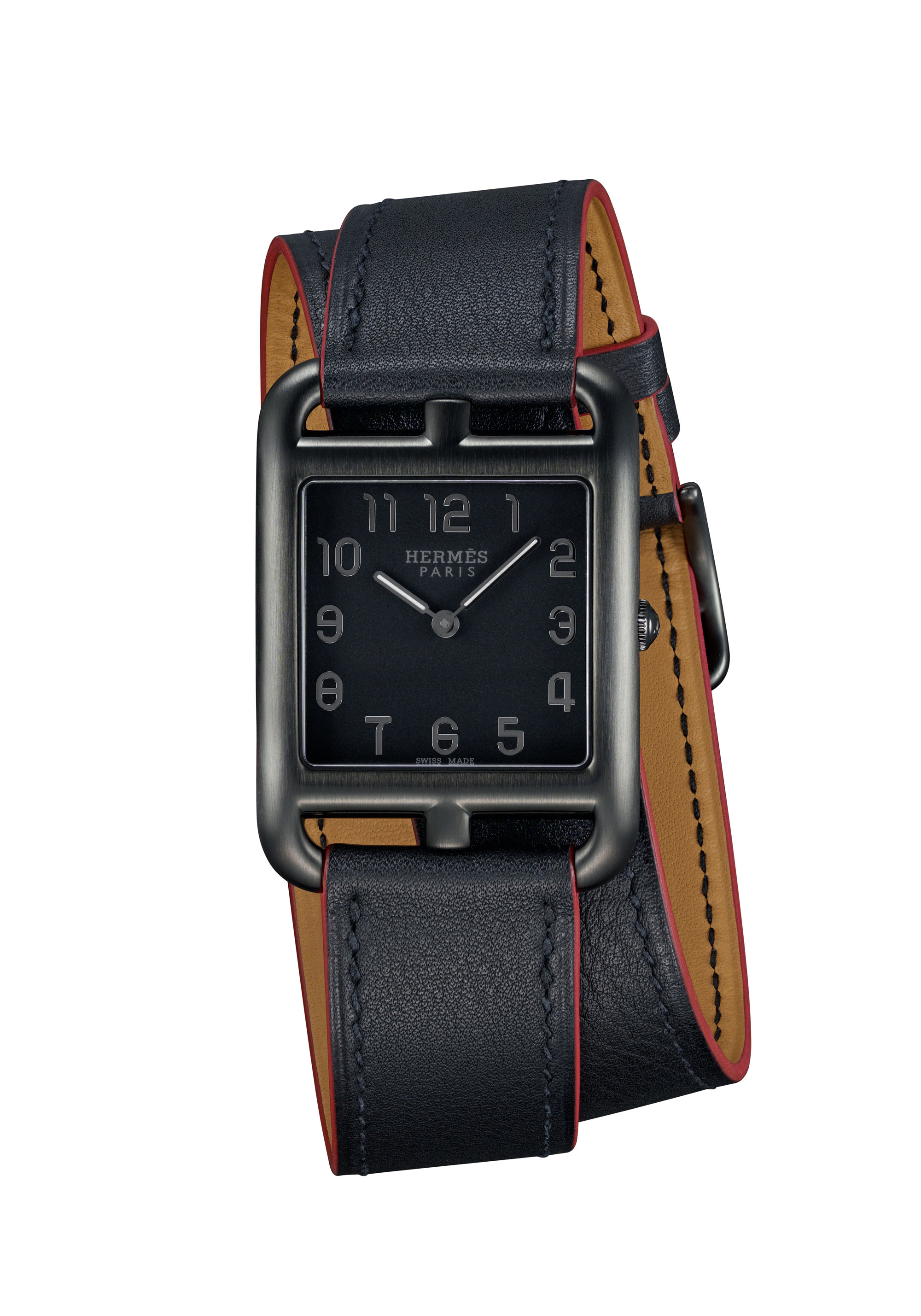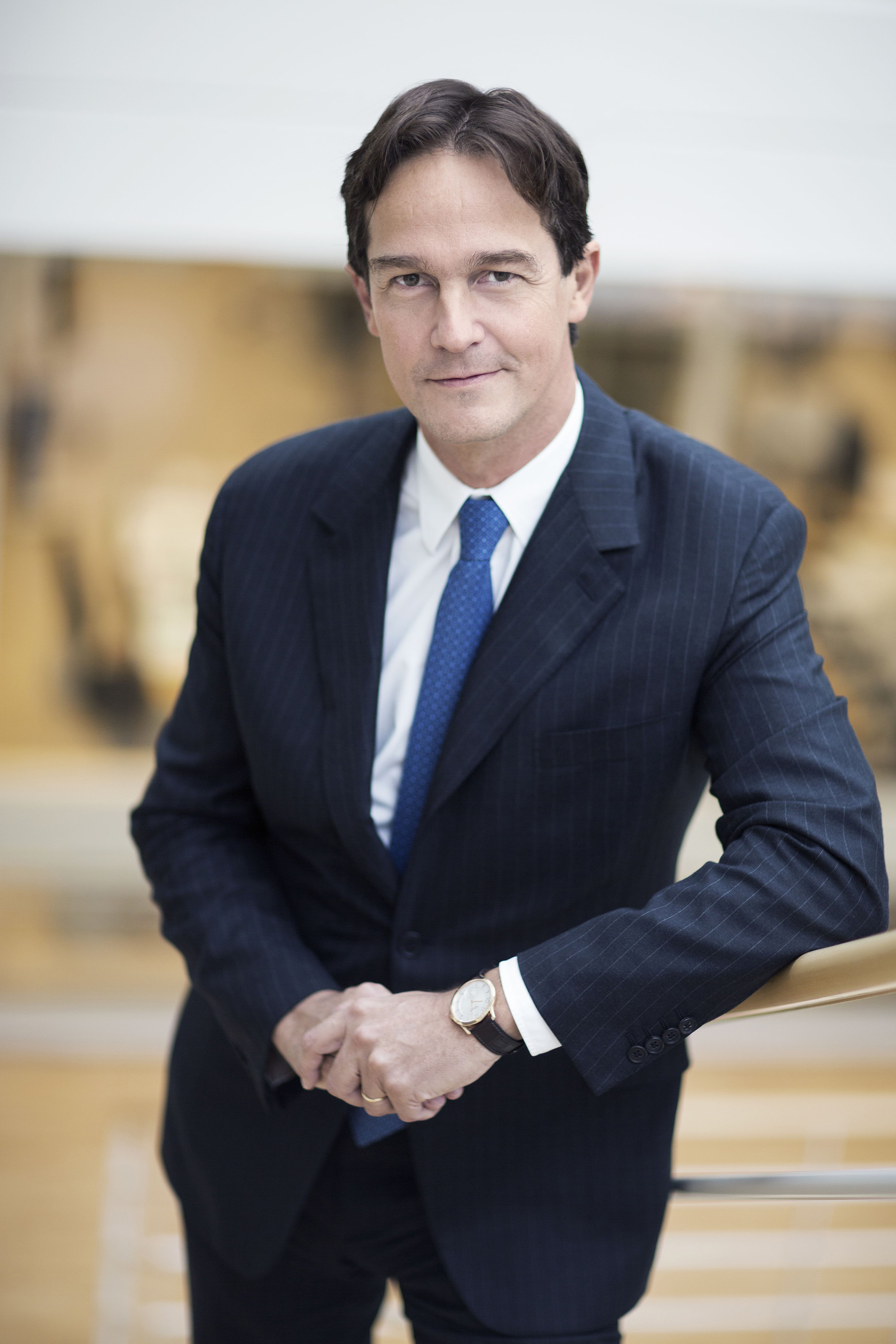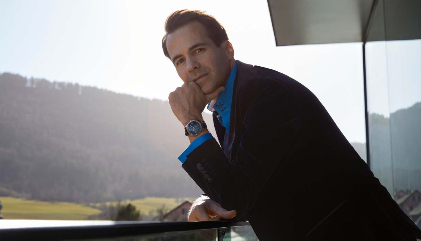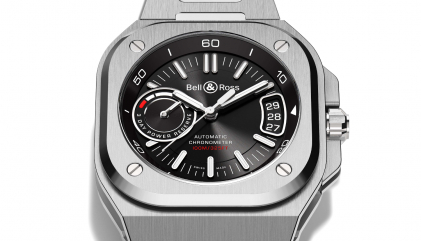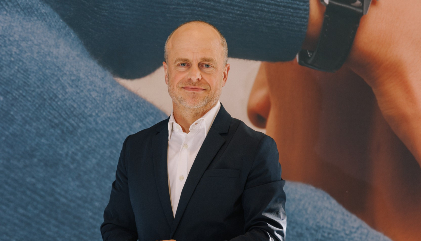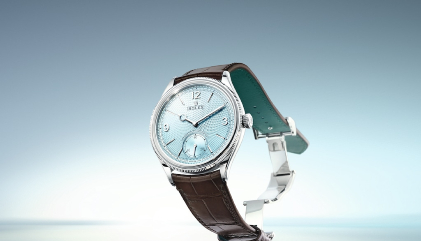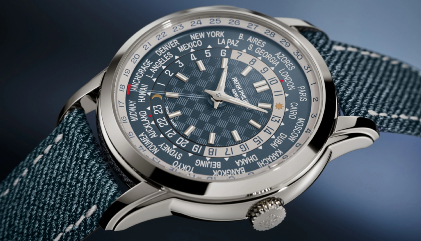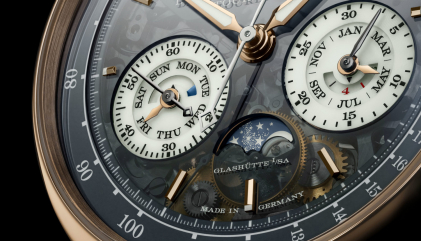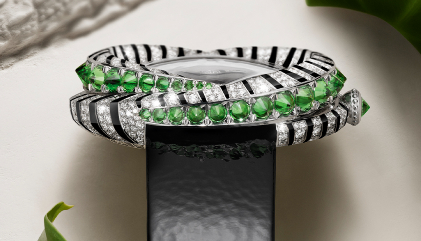WTI: What made you switch from Baselworld to SIHH? How has the response been?
LD: We are happy to be here because the communication platform is more efficient, the public is more restricted, the people are more homogenous than at Baselworld, and the press is highly selective as well. So, to be with brands that share our values makes us happy.
WTI: How has business been in the past year?
LD: Business has been significantly positive, and in the last one year we have seen double-digit growth in values across many countries as our distribution is now 85 per cent within our Hermès stores. For the past two years, we have downsized our network of independent retailers to make it more selective. We don't want a grey market. It is okay if the other brands are okay with that, but we are not. And, that is also why our global growth is not that big.
WTI: A lot of brands exited the Indian market but you just opened a boutique. What are your plans for India?
LD: I think of it as a long-term investment. We have two stores in India – the bigger one in Mumbai and the new one at The Chanakya, New Delhi. We were also in China much before the boom and I think part of the loyalty stems from the fact that we were loyal to the country much before the boom. Another example is Argentina. India is along the same lines.
WTI: So, how are you faring currently?
LD: Doing business in India is difficult. Everything is complex. The rules are constantly changing and the investors don't like that. Moreover, the local customers shop abroad and not in India. It is like in Brazil. Why pay $200 in Brazil when yo can pay $100 for the same product in the US?
WTI: How many movements are you making currently? Any plans to upscale production?
LD: No, we downsized the production because we were producing watches without knowing whether they would sell or not. Towards the end of the year, we would find the need to destroy almost 30 per cent of our production. Now, we have manufactured based on need, and what earlier took six months to produce, now takes us less than a month.
WTI: What is your current number?
LD: We don't usually disclose, but about 50,000 in this quarter.
WTI: Which are your best performing markets?
LD: Last year, all the markets were positive. America was a bit difficult, but Asia was highly positive. Europe was a little scattered; highly positive in particular areas like Germany and Italy, but slightly positive everywhere else. So, we're quite happy.
WTI: What is the ratio of your customers?
LD: 80 per cent women and 20 per cent men, because we are primarily a women-oriented brand. We entered the men's business seven years ago, so to be at 20 per cent already is quite nice.
WTI: What is your current strategy for this year, other than downsizing?
LD: Same as the last three years. We have to know and understand exactly what happens on the floor on the retail side – both internally (own stores) and externally (partners). Basically, focusing on the retail mindset.
Secondly, to become one of the brands that ladies dream of. So, we have to add an element of surprise in our creations, especially in our well-known lines like the Cape Cod. And, we have to develop the men's line by introducing subtle and meaningful pieces.
WTI: Your view on the rising trend of e-commerce sales?
LD: Hermès has been selling online for the past 21 years, so it is not new for us. We renewed our e-commerce site one year ago, and it was launched six months ago in the US. However, 70 per cent of the customers are buying from the store. So, we use a lot of communication tools across various digital platforms to engage with the customers through pop-up stores etc. and we also present on some external sites, which means the performance is great.
WTI: How successful have you been in bringing the watch segment to the forefront, compared with the accessories and bags you make?
LD: The watch segment has had a nice retail growth, too, but not at the same level. But, I don't despair. Our challenge, really, is to convince all Hermès stores that both in the long and short term, this can be a rising category, and they like this confidence.
WTI: How much do watches contribute to your sales?
LD: Three per cent. And to motivate the stores for three per cent is difficult. But, we're working on it.





